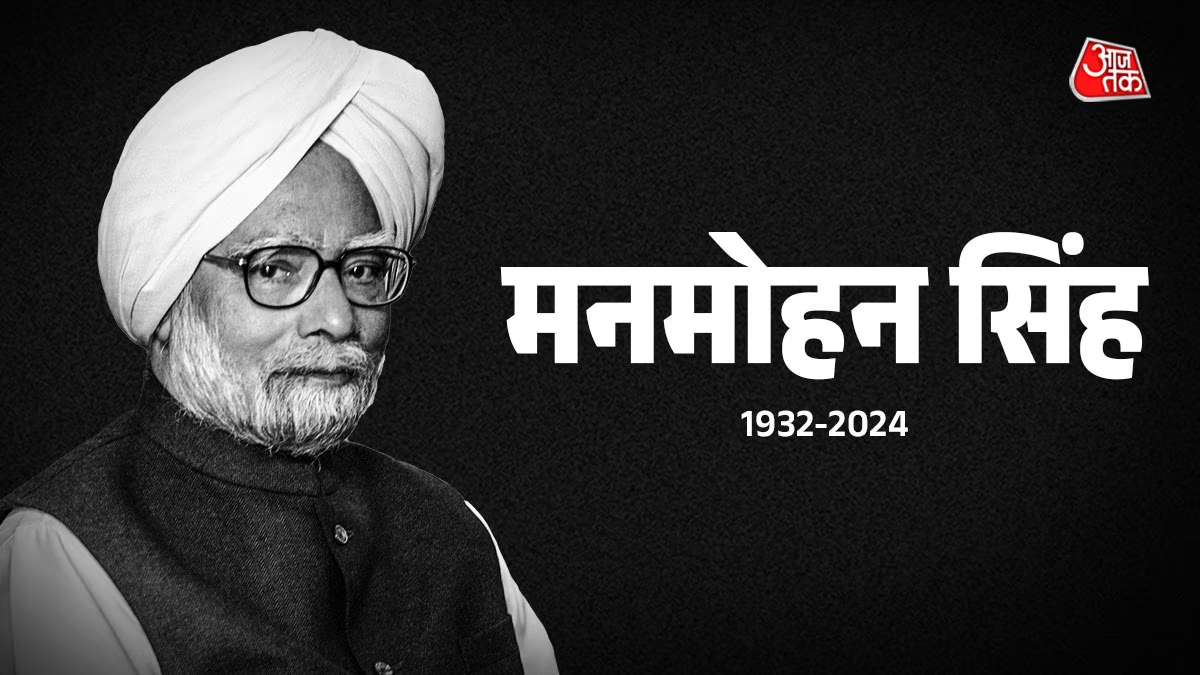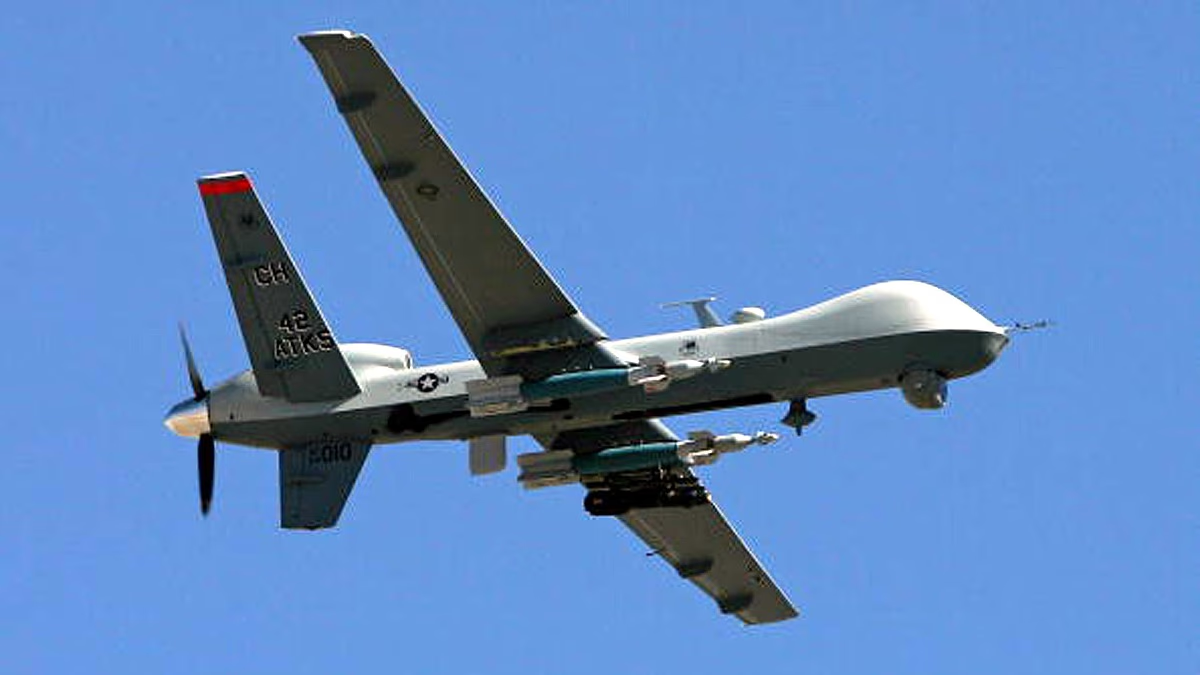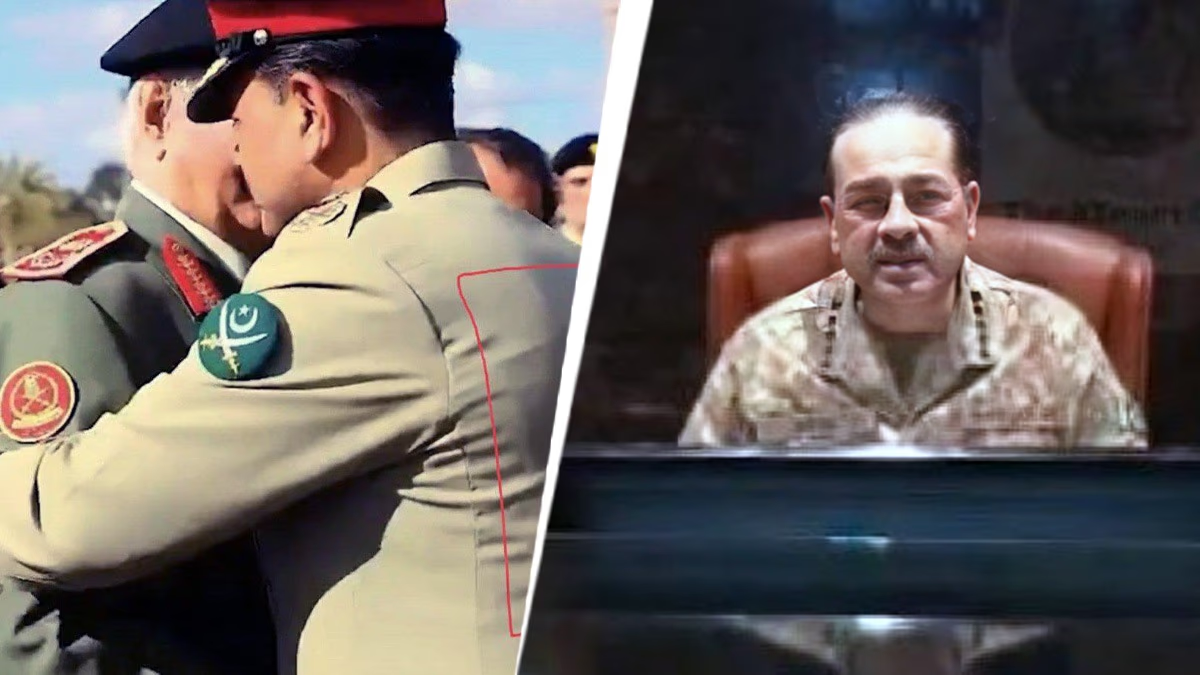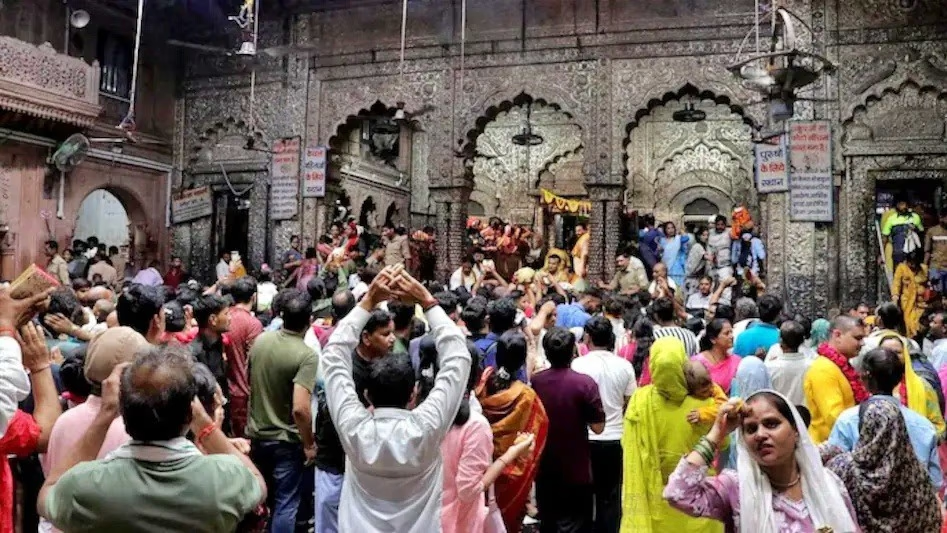The former PM, Manmohan Singh, has passed away at AIIMS Hospital in Delhi. On Thursday night at 9:51 PM, he took his last breath. He had been admitted earlier that evening after losing consciousness. Dr. Manmohan Singh had been battling health issues for some time, having been hospitalized several times before for similar reasons.
Dr. Manmohan Singh was born on September 26, 1932, in a village in the Punjab Province of undivided India. Rising from a humble background, Dr. Singh achieved extraordinary success in his education, economics, and politics. He completed his matriculation from Punjab University in 1948. Later, he graduated with first class honors in Economics from the University of Cambridge in 1957 and earned a D. Phil in Economics from Nuffield College, Oxford in 1962. His dedication to education led him to teach at Punjab University and the Delhi School of Economics.
AIIMS Releases Statement
At the age of 92, former Prime Minister and economist Dr. Manmohan Singh has passed away. His contributions to Indian politics and economic reforms will always be cherished. Dr. Singh's role in steering the Indian economy towards liberalization in 1991 is unforgettable. Serving two terms (2004-2014) as India's Prime Minister, he played a crucial role in the nation's development.
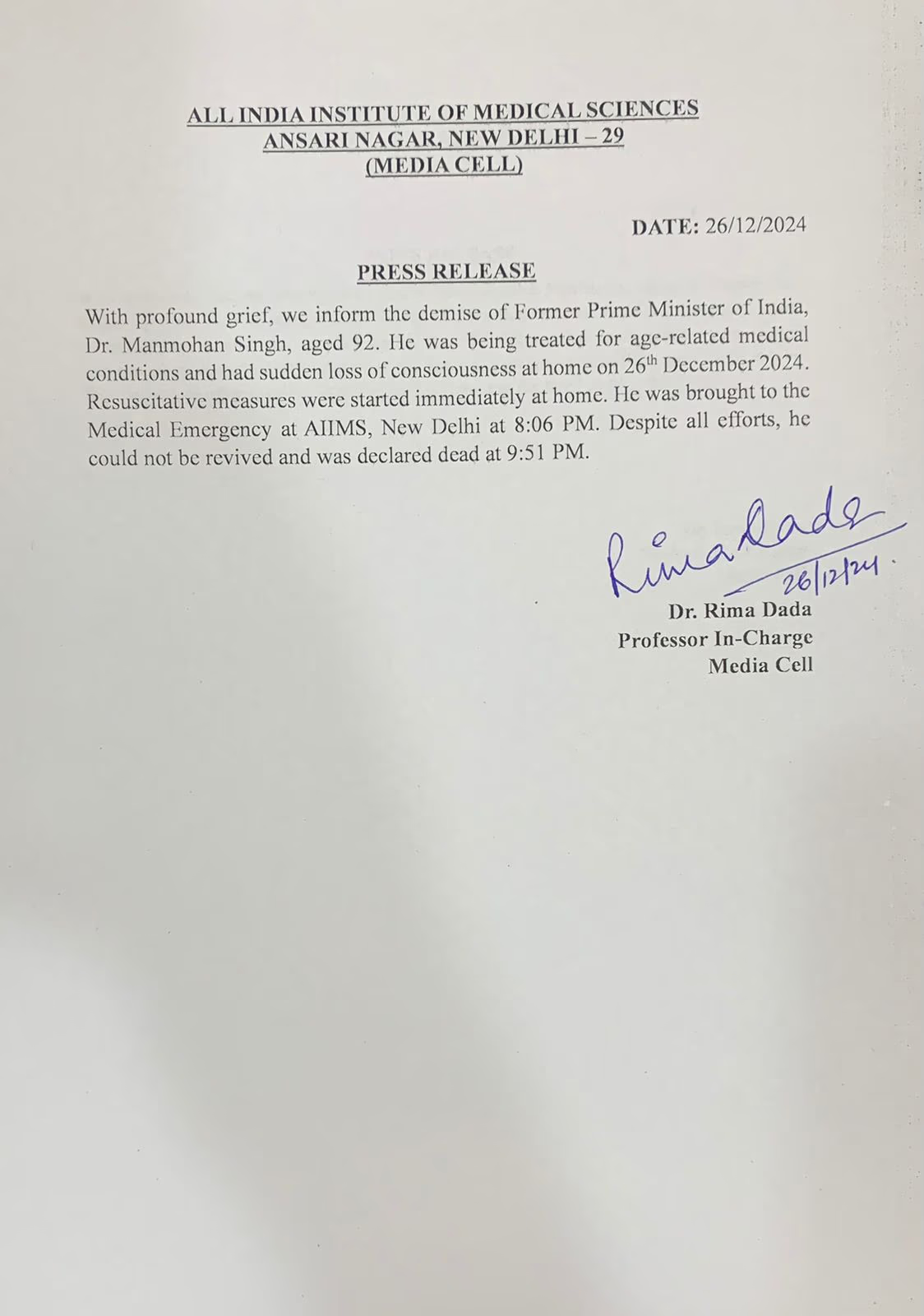
Source: aajtak
Entry into Government in 1971
Dr. Singh joined the Indian government in 1971 as an economic advisor in the Ministry of Commerce. By 1972, he became the Chief Economic Advisor to the Ministry of Finance. He held several prominent positions thereafter, such as Secretary of the Ministry of Finance, Deputy Chairman of the Planning Commission, Governor of the Reserve Bank of India, Economic Advisor to the Prime Minister, and Chairman of the University Grants Commission (UGC).
Legacy as Finance Minister
Serving as India’s Finance Minister from 1991 to 1996, Dr. Singh implemented a comprehensive economic reform policy that received international acclaim. These reforms pulled India out of an economic crisis and set it on a new path. Dr. Singh first became a member of the Rajya Sabha in 1991, representing Assam five times before representing Rajasthan in 2019. While the Bharatiya Janata Party was in power from 1998 to 2004, Dr. Singh served as the leader of the opposition in the Rajya Sabha. Although he contested the Lok Sabha election from South Delhi in 1999, he was unsuccessful.
Became Prime Minister in 2004
Following the 2004 general elections, he was appointed as India's Prime Minister on May 22. He took the oath for a second term in 2009, continuing until 2014.
